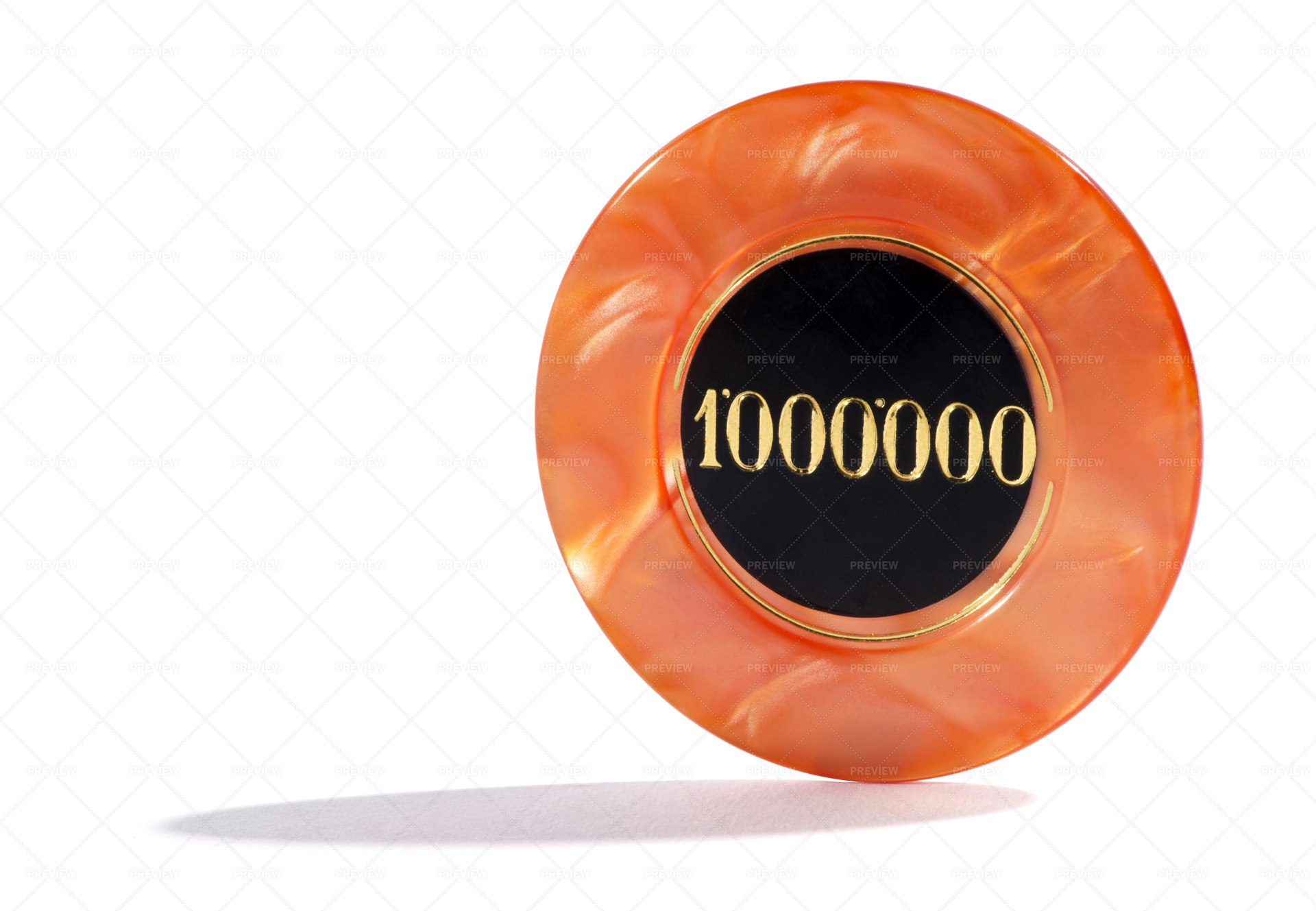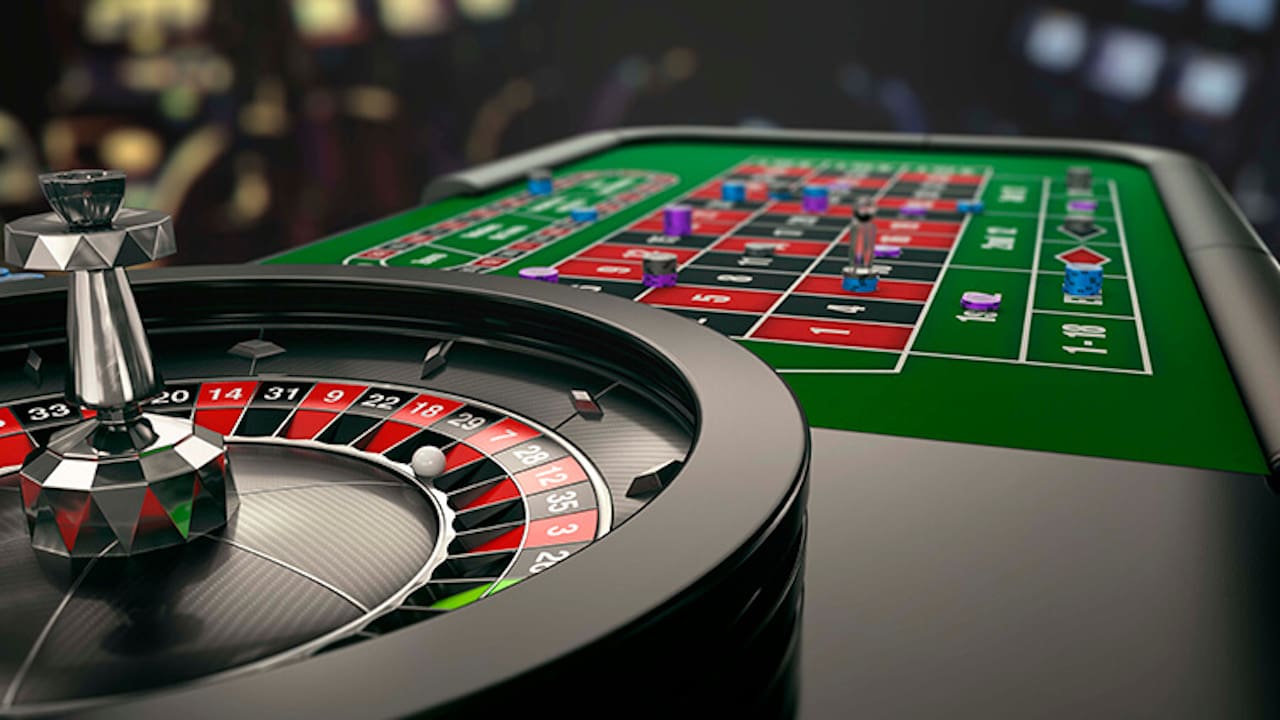
🚀【jogos dos famosos para ganhar dinheiro】🚀
As apostas esportivas online estão cada vez mais populares entre os brasileiros, mas ganhar dinheiro com elas não é tarefa 🎅 fácil. Exige estratégia, conhecimento e disciplina. Neste artigo, você vai aprender dicas e conselhos sobre como ganhar nas apostas esportivas 🎅 online de forma fácil e segura.
1. Entenda o Esporte
Antes de começar a apostar, é importante entender as regras e estratégias 🎅 do esporte em que você deseja apostar. Isso inclui conhecer as equipes, os jogadores e as estatísticas. Além disso, fique 🎅 atento às notícias e às lesões dos jogadores, pois isso pode influenciar o resultado da partida.
2. Gerencie seu Orçamento
Gerenciar seu 🎅 orçamento é uma habilidade essencial para quem deseja ganhar dinheiro com apostas esportivas online. Nunca aposto mais do que pode 🎅 permitir-se perder e tenha sempre um plano de jogo claro. Não deixe que as emoções controlam suas ações e sempre 🎅 mantenha a calma, mesmo em situações desafiadoras.
🐼jogos dos famosos para ganhar dinheiro🐼
A roleta é um jogo de casino popular em jogos dos famosos para ganhar dinheiro todo o mundo, incluindo no Brasil. No entanto e ganhar 🌜 dinheiro na Rolete pode ser desafiador se não souberes O que estás a fazer! Neste artigo também vamos partilhar algumas 🌜 dicas para ajudara aumentar as suas chances por ganha daRolice online do País:
1. Entenda as Regras
Antes de começar a jogar, 🌜 é importante que você entenda as regras básicas da roleta. Existem três tipos principais com Rolete: europeias americana ou francesa! 🌜 Cada tipo tem normas ligeiramente diferentes; por isso será fundamental saber qual estáa jogando”. Leie otentamente essas regra antes se 🌜 começa A apostar?
2. Gerencie o seu Orçamento
Gerenciar o seu orçamento é uma habilidade importante quando se trata de jogosde casino. 🌜 Decida quanto queres gastarar antes, começar a jogar e não exceda esse limite! Isso vai ajudá-lo em jogos dos famosos para ganhar dinheiro evitar comprando 🌜 mais doque pode permitir -se?
D espite the fact that one in two people will get cancer, many of us are ill informed about what ❤️ we can do to prevent it. How do oncologists live their lives based on what they know? Doctors share the ❤️ secrets of living healthily and the risks worth taking – or not.
1. No fumar
"The only safe amount of ❤️ smoking is no smoking, given how addictive nicotine is," says oncologist Charles Swanton, who treats patients with lung cancer and ❤️ is the chief clinician for Cancer Research UK. Witnessing the pain of lung cancer patients is a potent reminder of ❤️ just how devastating the consequences of smoking can be, Swanton says. And, he adds: "Smoking doesn't just cause lung cancer, ❤️ but also cardiovascular disease such as heart attacks, stroke and vascular dementia – in addition to 15 other cancer types."
2. Try to maintain a healthy weight
Dr Shivan Sivakumar, an oncologist who treats patients in Birmingham with pancreatic cancers, ❤️ bile duct cancers and liver cancers, says that roughly 70% of cases of liver cancer he sees are related to ❤️ obesity. "Alcohol does have an impact, but nowhere near the same level," he says. "With cancer, the big cause that ❤️ everyone tells you about is smoking. When you look at the statistics at the moment, about 13% of the UK ❤️ population are active smokers and that is probably going to go down to less than 10% in the next few ❤️ years. When you look at being obese and overweight, one in three of the population in England are overweight, and ❤️ a further one in three are obese. So obesity is a much bigger risk factor now."
Joe O'Sullivan, an oncologist and ❤️ professor of radiation oncology at Queen's University in Belfast, agrees. The biggest lifestyle factor for prostate cancer is weight, he ❤️ says. "Too much fat, too much meat, too many carbohydrates. Anything that gives you a bigger belly – more than ❤️ a 34-36in [86-91cm] waistline – increases the risk. The kind of diet that we associate with the western world, lots ❤️ of saturated fats and eating more calories than you need."
Mark Saunders, a consultant clinical oncologist at the Christie hospital in ❤️ Manchester, says: "There is an increasing number of what we call 'early onset cancers' – cancers in the under-50s. In ❤️ colorectal cancer, this is increasing markedly, and I think the big things are lack of exercise, the wrong diet, obesity ❤️ and a westernised lifestyle."
3. Reduce your meat intake
Saunders points to the fact that an estimated 13% of ❤️ bowel cancer cases are linked to eating too much processed or red meat. The doctors are cautious about their own ❤️ consumption: O'Sullivan doesn't eat red meat and Swanton has reduced his intake. Sivakumar says he follows a plant-based diet, although ❤️ "mainly for animal cruelty reasons, rather than cancer risk". He says that the reporting of nutritional data about cancer can ❤️ be very confusing, and references the work of the statistician David Spiegelhalter from the University of Cambridge, who has shown ❤️ that even if everyone ate an extra 50g of bacon every day, that would only increase the incidence of colon ❤️ cancer from 6% to 7%. "I think it is about having a healthy, balanced diet," says Sivakumar, "and occasionally having ❤️ a sweet treat or a steak."
4. Avoid ultra-processed foods
"Processed food could be a reason that more younger people ❤️ are getting cancer," says Sivakumar, "but we haven't really deciphered that. We do know that processed food in general contains ❤️ a lot of stuff that normal food products don't. Again, it's all about risk: what does it actually mean for ❤️ you? Which I don't think we've really got to the bottom of." Instead, he says, we should have the "mentality ❤️ that we need to be eating healthier food" and, he adds, we probably also need to eat a lot less.
" We ❤️ very rarely, if ever, buy processed food," says Saunders of his diet. "Most of the time we go to the ❤️ grocer to get veg, the local butcher to get meat, and we eat a lot of fish. I do eat ❤️ red meat; I occasionally have a Sunday roast. We probably have one or two takeaways a year and it's usually ❤️ a disappointment. I eat biscuits at work, but we don't have them in the house. I'm definitely not perfect, but ❤️ I do try to control myself so that I reduce my risk of cancer." Not enough fibre is a risk ❤️ factor for bowel cancer, for which the classic "five a day" mantra can help. "There is loads of fibre in ❤️ fruit and vegetables," says Saunders, adding that you should eat more vegetables than fruit.

/iStockphoto
5. Drink less alcohol
O'Sullivan has given up alcohol: "I'm ❤️ such a saint really," he says. Swanton admits that he has the odd glass of wine, and Saunders drinks occasionally. ❤️ Sivakumar says there is evidence that smoking and obesity are far worse risk factors for cancer. "Don't drink to excess," ❤️ he says, "but enjoy your life."
6. If you notice anything you are worried about, see a doctor
Professor Pat ❤️ Price, a consultant oncologist who helped to launch the Catch Up With Cancer campaign to lobby for better access to ❤️ treatment, says: "Go to your GP if you've got a symptom of cancer – coughing up blood, peeing blood or ❤️ rectal bleeding, or a pain, or a lump or something like that, things that you know are not right." There ❤️ is a full list of signs and symptoms on the NHS website. Try not to be embarrassed. "A lot of ❤️ older men in particular in the UK and Ireland are shy about talking about their genitals or their urinary function," ❤️ says O'Sullivan. "Hopefully, the younger generations will be much more confident in talking about it."
Saunders says: "The big ones for ❤️ colorectal cancers are bleeding and a change in your bowel habit. Go to see your GP – it may well ❤️ be nothing if you are young. But if it keeps happening, you have got to go back again and don't ❤️ give up if there's a change. It may well not be cancer. It could be something simple like a pile. ❤️ But you've got to be aware of your symptoms and do something about it."
7. Keep up to date ❤️ with screenings
"I've tried to be good about being up to date with my screenings: cervical, breast and bowel screening – ❤️ I absolutely welcome all that," says Price. "Only about 65% of women invited for breast screening in England currently attend. ❤️ We've all got busy lives; the last thing we want to think about is our symptoms or a screening test ❤️ which might find something. But remember, the chances are that it is going to be absolutely fine. The NHS does ❤️ thousands of mammograms every day. There are a very small number that are actually positive (about nine in 1,000 tests). ❤️ If they find something, it will probably be tiny and really treatable and curable. In some countries, there are no ❤️ screening programmes. We are really lucky to have them, and we should just take the tests when invited."
8. ❤️ Get physical
Price discovered a love of running in her 50s: "Getting out there in the fresh air, in the scenery, ❤️ with nature is the best thing for you in the world." As you get older: "You are not thinking, 'I've ❤️ got to get fitter,' you are thinking, 'I've got to stay healthy.'" Price does an impressive six hours of exercise ❤️ a week. "I think it should be more," she says, doing strength and conditioning, dynamic pilates, high-intensity interval training, and ❤️ a long run at the weekend. "I find doing the London Marathon gives me a real sense of purpose each ❤️ year, because I know what I'm training for. Also, at my age, if you can't be fast, be long. I ❤️ think that sense of pushing yourself to the limit is quite a healthy thing to do. Fitness is great for ❤️ getting older, and for your bones, muscles and mental health. I'm a real advocate of women of a certain age ❤️ getting running."

9. Wear sunscreen
"I avoid going out in the sun," says Price. "I never used to much, but I am ❤️ very aware of the risk of skin malignancy. So I cover up and am not a sun worshipper." Swanton says ❤️ he always "wears sun cream and, being bald, a sun hat in the sun".
10. Manage stress
"Life is very ❤️ stressful and many of us are ill informed about what we can do to prevent cancer. Stress itself hasn't been ❤️ proved to cause cancer, but it can mean that you live in a way that increases your risk," says Price. ❤️ Stress can sometimes mean that you eat a lot, drink a lot, or don't exercise. Mindfulness is really good, and breathing ❤️ techniques. I know they sound a bit minimal, but they can work for many people." Of a direct link between ❤️ stress and cancer, Swanton adds: "One of the reasons we don't yet know the answer to this question is that ❤️ we lack good models to simulate human stress in the lab, to be able to understand and study it. But ❤️ knowing about the emerging evidence on how the central nervous system alters the immune environment and reciprocally, how immune cells ❤️ communicate with the central nervous system, it wouldn't surprise me at all if there was a functional link. Over the ❤️ next five to 10 years, we may start to see an emergence of data testing the relationship between stress and ❤️ cancer."
11. Look into genetic risk
"About 7% of prostate cancers are genetic," says O'Sullivan, "and you may have a ❤️ BRCA, a gene mutation that is associated with breast cancer and prostate cancer." These are rare – only 1 in ❤️ 400 people have them. O'Sullivan says if men have a relative who has died of prostate cancer at a young ❤️ age, it is important to have a prostate-specific antigen test, which is available on the NHS, every few years from ❤️ the age of 50. "The earlier you catch it, the easier it is to treat," he says. The risk of ❤️ a faulty BRCA1 or BRCA2 gene is much higher for breast and ovarian cancers, says Price. "Prophylactic mastectomy is recommended ❤️ when the risk gets very high and patients often choose this instead of regular surveillance," she says.
12. When ❤️ faced with a diagnosis, knowledge is power
"If you are diagnosed with cancer, we try to advise patients to really sit ❤️ with it and come to terms with it," says Price. "Because it's not great – no one wants to be ❤️ diagnosed with cancer. But find out as much information as you can. Often the hardest thing is telling other people, ❤️ because of their reaction: some people don't want to talk about it, or even don't want to go near you. ❤️ Being open and honest can help, and make a plan with your doctors. Often patients find fear of the unknown ❤️ is the biggest thing. So if you can ask all the questions and know what you're dealing with, that can ❤️ help. There is a huge amount of support out there. People will help you on your journey."
13. Don't ❤️ fear treatment
Some people might be worried about getting checked out for fear of treatment, but it is always improving, says ❤️ O'Sullivan, particularly radiotherapy. "If people have symptoms, they can sometimes be reluctant to go to their GP because of the ❤️ worry of how bad the treatment might be. A lot of people will have relatives who have had a tough ❤️ time having radiotherapy treatment. But the science has improved dramatically. If you think about what your smartphone looked like 10 ❤️ years ago, and what it looks like now, it is similar to the type of technological developments in radiotherapy, to ❤️ the point now where the side-effects are much reduced. Many people continue normal life around the treatment. In some radiotherapy, ❤️ after five days people can be cured."
14. Talk about it
"Cancer affects one in two people in their lifetime," ❤️ says Price. "Everybody knows somebody who has been touched by cancer. Sometimes, we fear it too much and think if ❤️ we don't talk about it, it won't happen to us. We need to be much more open about it in ❤️ our society." It is important to know, she says: "While cancer can be very bad for some, it doesn't always ❤️ equal death. For a lot of people, cancer perhaps means difficult treatment, and as the Princess of Wales has said, ❤️ there are good days and bad days. And then maybe you're out of the woods, and that is cancer survivorship. ❤️ Then you can start looking at how does that play into making life better. Everyone's cancer journey is different and ❤️ can be really tough; for some it works out and for some, sadly, it does not. As cancer doctors we ❤️ want there to be as good an outcome as is possible for every patient."
15. Live life to the ❤️ full
"My work has had a twofold impact," says Sivakumar. "One impact is seeing liver cancer – there are sensible things ❤️ you can do to reduce cancer risk there. But you also have to remember that most cancers are not preventable: ❤️ broadly 40% of cancer is preventable and 60% isn't. The other two cancers I see probably aren't in the fully ❤️ preventable category. The thing it has really taught me is about work/life balance, spending time with your loved ones and ❤️ making sure you have time to see them. I am a very firm believer in that."
aior chance, ganhar jogode eSlo De fenda desenvolvedor RTP Big Bad Wolf Quickapin 97.3%
Apollo God of the Sun Novomatic 94/17% 🛡 Gorilla Go Wilder NextGen Gaming 98,5%9% Reel
h NetEnt 98% Qual máquina bi Slim gastaram as Melhor 2024 - Oddsapayer % 🛡 osdsechecker :
intight 82% RaftKinges Casino Rainbow RichEs Escolha N Mix (Barcrest)91% cbet365 FC
mania(Nexte Gen ) 097,86% FanDuel Funchal Melhores jogos 🛡 para lrillon online mais





Deixe seu comentário